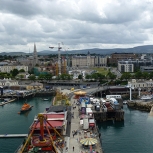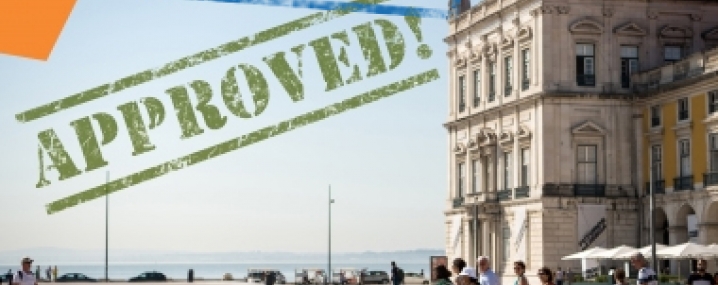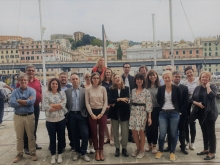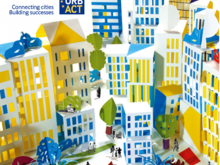
Dún Laoghaire-Rathdown
Dún Laoghaire-Rathdown County, on the south side of Dublin Bay, is one of four administrative areas that form the Dublin metropolitan area in Ireland. The county, which includes many 35 small towns and villages, has 206,000 residents. The country is a nearby commuter area for Dublin City, and includes the highest property prices on average in Ireland. The population is generally affluent and characterised by high educational attainment levels. A large proportion of residents hold managerial and professional jobs.
Yet the population is ageing much faster than the relatively young average age of the rest of Ireland and some parts of the county have critical low vitality ratios, indicating future population decline. Not everyone is wealthy, though, and some 25,000 are socially deprived and did not benefit from the ‘Celtic Tiger’ economic growth period.
The county is an area of great natural beauty, from the peaks of the Wicklow Mountains in the west to some 25km of Irish Sea coastline and the historic suburbs of south Dublin. Its chief town, Dún Laoghaire, was once a Victorian seaside resort. It has a large harbour, which provides a popular walk along its East Pier. It is used for cruise ships, ferries and sailing clubs. The nearby Mariners’ Church has been transformed into the National Maritime Museum.
Dún Laoghaire-Rathdown also houses University College Dublin, Ireland’s largest, with 30,000 students. It also includes the Sandyford Industrial Estate, home to Microsoft Ireland, which employs 1,200 people.
SOME RELATED NETWORKS
P4C
SURE
Article
“Be a voyager, not a tourist:” Introducing the Action Planning Network Tourism-Friendly Cities
News
23 Action Planning Networks approved!
News





